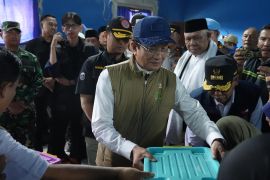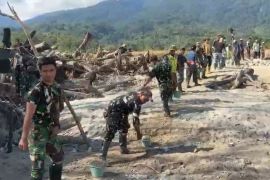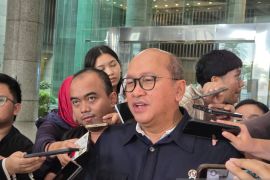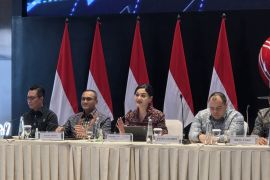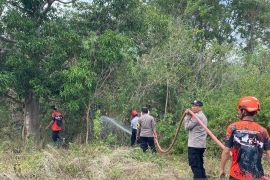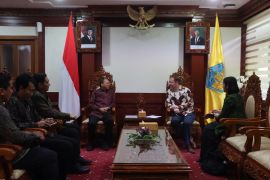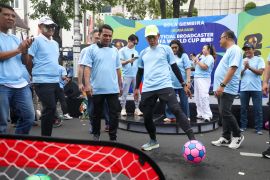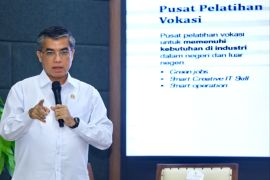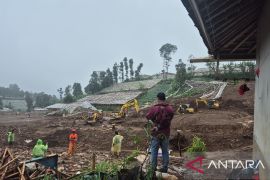The shocking wave of violence on Friday, when heavily armed militants killed 129 people and injured 352 in attacks at a concert hall, bars and a stadium, immediately turned the spotlight on Europes largest Muslim minority.
Muslim community leaders promptly denounced the massacre and politicians clearly blamed the radical Islamic State movement for the violence. But ordinary Muslims fear they will be blamed.
"When you look like a Muslim, its tough," said Marjan Fouladvind, an Iranian doctoral student in Paris.
"The way people look at us will change again, and not for the better ... Sometimes its preferable to be mistaken for a Jew and not a Muslim because then there are fewer problems."
Worshippers leaving the Grand Mosque of Paris after the midday prayer also worried that Muslims in France would be blamed for a conflict rooted in the Middle East.
"This story soils Islam and it soils Muslims," said a man named Soufiane. "There are problems over there and they shouldnt be imported here."
Frances 5 million Muslims saw how easily the link is made after attacks in January that killed 17 people at the satirical magazine Charlie Hebdo and a kosher supermarket.
In the weeks that followed anti-Muslim acts such as the spraying of graffiti on mosques and insults made against veiled women flared up. The National Observatory of Islamophobia registered a rise of 281 percent in such incidents in the first quarter of 2015 compared with the same three months of the previous year.
Saphirnews, a Muslim news website, reported on Sunday that French Muslims were once again becoming "collateral victims of terrorism". Early on Saturday morning, blood-red crosses were found painted on the wall of a mosque in eastern Paris, it said.
The slogan "France, wake up!" was daubed on the wall of a mosque in southern France and "Death to Muslims" was written on walls around Evreux north of Paris, Le Parisien daily reported.
"We dont understand whats going on ... This just pushes us backwards," said Ismael Snoussi, a worshipper at a mosque in Luce, the town outside Chartres where one of Fridays attackers grew up.
Malika Chafi, who works for a non-profit organisation, bristled when asked how she as a Muslim felt about the attacks.
"For me, it doesnt make any sense to say as a Muslim," she said outside the Grand Mosque. "Im a voter, a consumer, a mother, someone who loves classical music. Im not shocked as a Muslim, but as a citizen.
"This isnt a Muslim issue, this is an issue of police and terrorism."
Nabil, a ground staffer at the Stade de France stadium where two suicide bombers blew themselves up, objected to calling the attackers "jihadists" or "Islamists".
"Theyre terrorists," he said. "I was 100 metres from the first explosion and the bomb would not have made the difference between a Muslim and a Buddhist."
Muslims in France were citizens like everybody else, he said, and should not have to justify themselves more than others when attacks like that occurred.
He included French politicians in his criticism. "The politicians have a lot of work to do with the Muslim community," he said. "Islamophobia exists and should be dealt with, institutionally and by the politicians."(*)
Editor: Heru Purwanto
Copyright © ANTARA 2015
